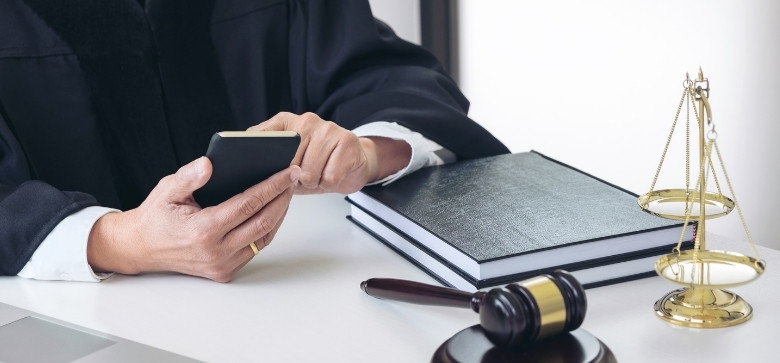
Credit card defaulters are those credit card users who cannot pay their interest and related charges on time. These individuals are liable to pay fines, penalties, and more, based on the rulings from the court. Banks used harsh recovery tactics from cardholders to protect the interests of cardholders.
RBI and the Supreme Court have laid out credit card non-payment legal action in India. Further maximum punishment for credit card defaulters has been stated to be imprisonment in severe default cases of credit cards. It could take up to 2 years per the Negotiable Instrument Act, of 1881 (Section 138) to balance car defaulters and financial institutions.
If your card defaults, then there are credit card non-payment legal actions in India that you may need to face actions such as;
High interest rates for late payment
Reminders, emails and calls
Late payment fees
Blocking further usage of credit card
Sue against cardholder for bad debt recovery
Blocking customer funds from savings accounts
Increased interest rates
Affecting CIBIL score in a negative manner
Filing legal complaints against you in court after 180 days (As per Section 138 (Negotiable Instruments Act, 1881)
The Supreme Court proposed judgments based on credit card cases, which are listed below.
Banks are liable for the act of their agents for ethical practices
Consumer rights are established to report harassment and coercive tactics by the recovery agent
It is the liability of the Credit Bureau to maintain data accuracy
Consumers are given the right to raise disputes if they find discrepancies in their reports.
Co-applicants are stated to be equally liable to pay the credit card debts.
Awareness focus is made by the Supreme Court on understanding a co-applicant's liability before applying.
High Limit Credit Cards for Smart Shoppers
Spend More and Earn Higher Rewards
RBI has established credit card recovery rules in India, and banks and financial institutions must operate and act with defaulters based on these.
Banks are required to have background checks for recovery agents while it is the role of the bank to disclose the identity of the recovery agent. The recovery agent needs training and a certificate related to the recovery process.
As part of the monitoring agents need to follow all laws and ethics guided by the Supreme Court, and RBI. Communications between the agent and the card defaulter must be recorded.
It is the responsibility of the Bank to ensure legal recovery and that all guidelines and laws are followed during the recovery process.
If you are a credit card defaulter, then you can have the following processes to have a smooth move ahead.
Want a Credit Card with High Limits & Rewards?
The Supreme Court has made numerous judgments on credit card defaulters and it is in the best interest of the credit card holders. The court has mandated banks and financial institutions to use a friendly approach with defaulters, and not to hire recovery agents who force cardholders. Banks are affected by decisions to invest more in agent certifications and training, disclose identity and use smooth ways to recover bad debts.
However, it is important to know your rights and responsibilities as a cardholder and pay the amount on time. If you are unable to do so, you must communicate the same to the bank at the earliest.
Credit Card Insights
Debit Card Features and Benefits
CIBIL Score Check and Boost Guide
Disclaimer
The starting interest rate depends on factors such as credit history, financial obligations, specific lender's criteria and Terms and conditions. Moneyview is a digital lending platform; all loans are evaluated and disbursed by our lending partners, who are registered as Non-Banking Financial Companies or Banks with the Reserve Bank of India.
This article is for informational purposes only and does not constitute financial or legal advice. Always consult with your financial advisor for specific guidance.
Was this information useful?